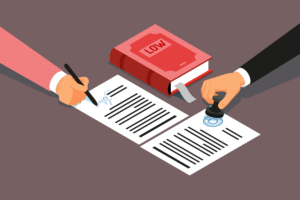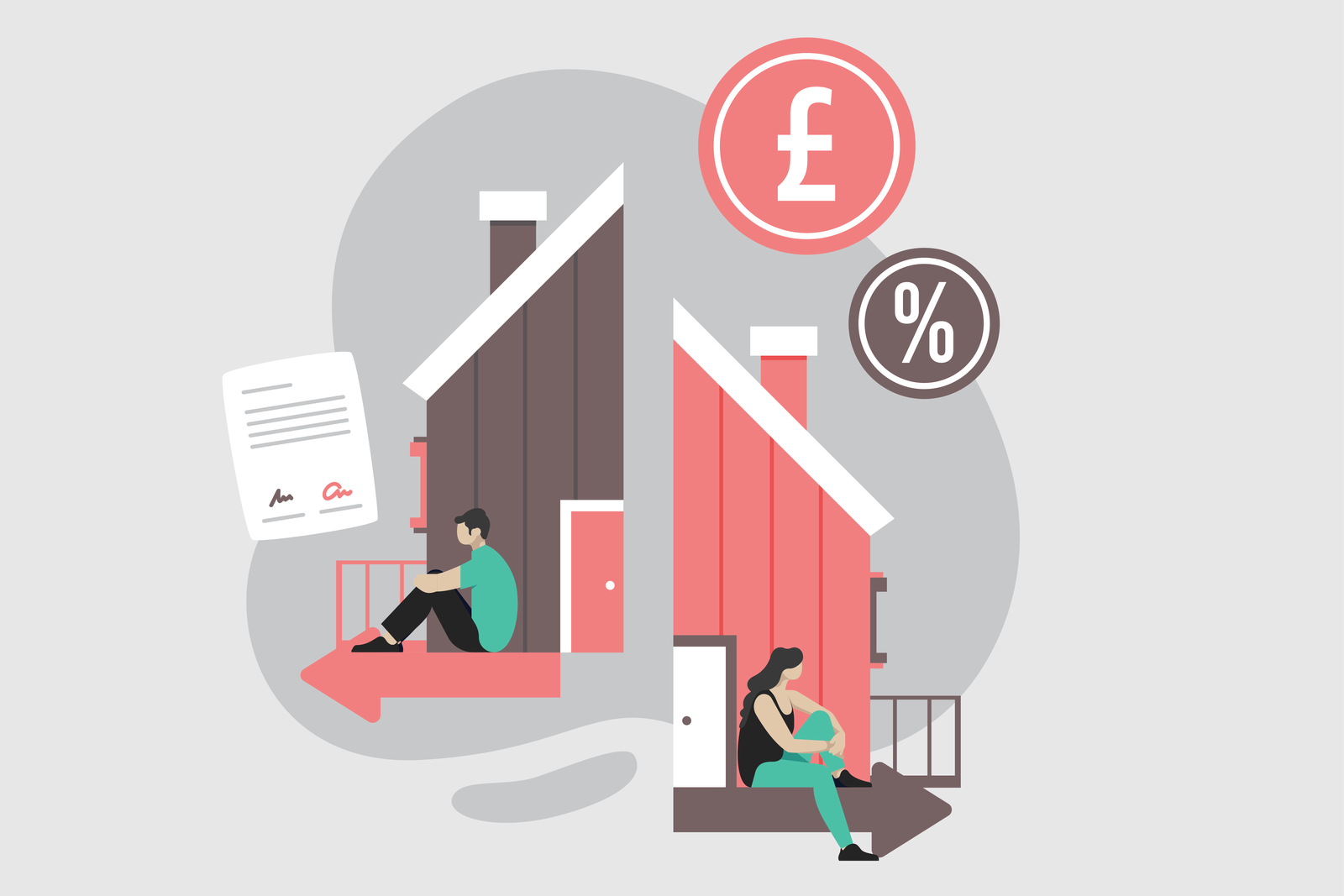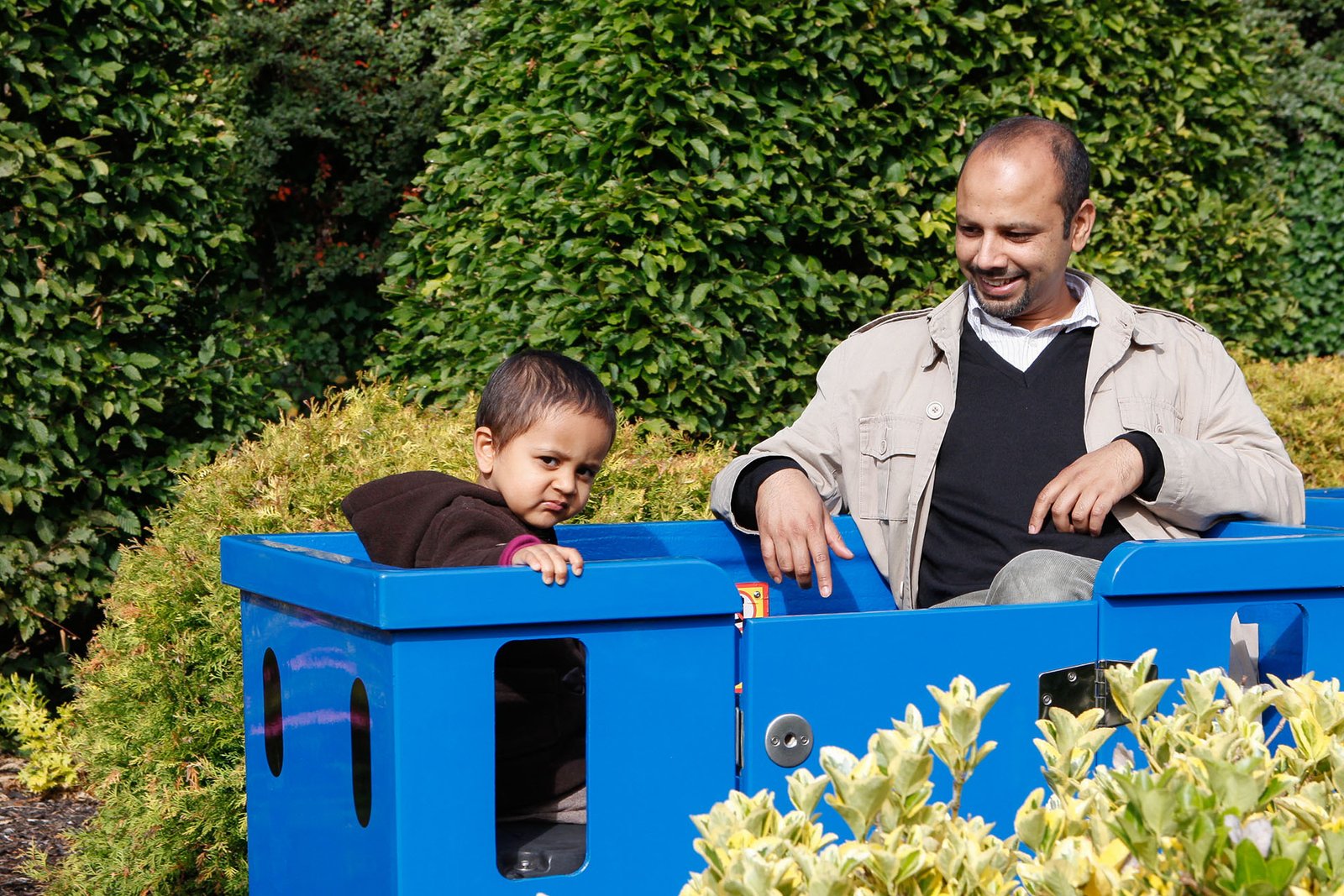Family law mediation is a method of resolving the dispute between divorcing parties and finding the middle way to avoid further conflict without going to court. Family mediation is a non-contentious process that involves qualified neutral lawyers who help both parties reach a mutually agreed-upon resolution. This process helps both parties avoid escalating conflicts, especially when deciding the fate of the child they share.
Without mediation, the divorcing couple will end up in court, and they will likely fight over the child’s custody. Such an eventuality affects the child’s psychological, financial, and social wellbeing. Moreover, in a court proceeding, the division of parental responsibilities, childcare, etc., rests in the hands of the court instead of the divorcing parents.
Ideally, if the divorcing parties want to consider their child’s wellbeing, they should seek a child-inclusive mediation process, also known as the Voice of the Child.
The importance of the voice of the child
Listening to your child’s voice will help them feel like they are an integral part of the proceedings that will decide their future. It helps them feel more confident and boosts their self-worth by inculcating the idea that they are appreciated and valued for their expression, opinion, emotions, and choice. It’s why the Family Dispute Resolution Centre’s mediation programme emphasises child-inclusive mediation, also known as Voice of the Child.
The Family Justice Young People’s Board, a subgroup of the National Family Justice Board, also ensures that children are at the centre of all mediation proceedings and their wishes, feelings, and needs are considered by the parents and lawyers mediating the case. The FDR’s policy ensures child-inclusive mediation practices, including the appointment of an expert who has received relevant training in child-inclusive mediation practices.
This step is to ensure that the child’s voice is not stifled, and instead, it is at the centre of the proceedings, enabling the parents to make informed vital decisions regarding their child’s care.Under the Voice of the Children, young people aged ten and more are given the opportunity to make their voices heard in family law cases and mediation proceedings. It ensures that if a family has more than one child, each child’s voice is heard individually.
During the mediation, the child expert will work on behalf of the children, letting them narrate their opinions the way they want. When it comes to children with disabilities, these experts:
- Hold individual meetings with the child and parents
- Give parents feedback on their child’s opinion/progress
- Represent the child at the mediation
- Provide a response to the child following the FDR mediation to ensure the child understands the mediation contract reached upon by the parents
Typically, the child-inclusive mediation expert conducts the meeting with the child in a neutral and safe space. They will let the child have their say in essential matters related to their care and the changing family situation. It might include conversations on how their current arrangement suits them, the contact they share with each parent, and how they would like their future to look like or what they’d expect from their parents.
At the end of the meeting, the child will agree on the messages they want the expert to share with the family mediator. Their wishes will be heard in the mediating gathering, helping their parents make the best decision for them. This entire process doesn’t just ensure that the voice of the child is heard, but it also gives them the respect they deserve as individuals who will be most affected by the decisions of their parents.
Further reading:
Government website: Divorce ‘blame game’ to end
Resolution: Get ready for no-fault divorce








